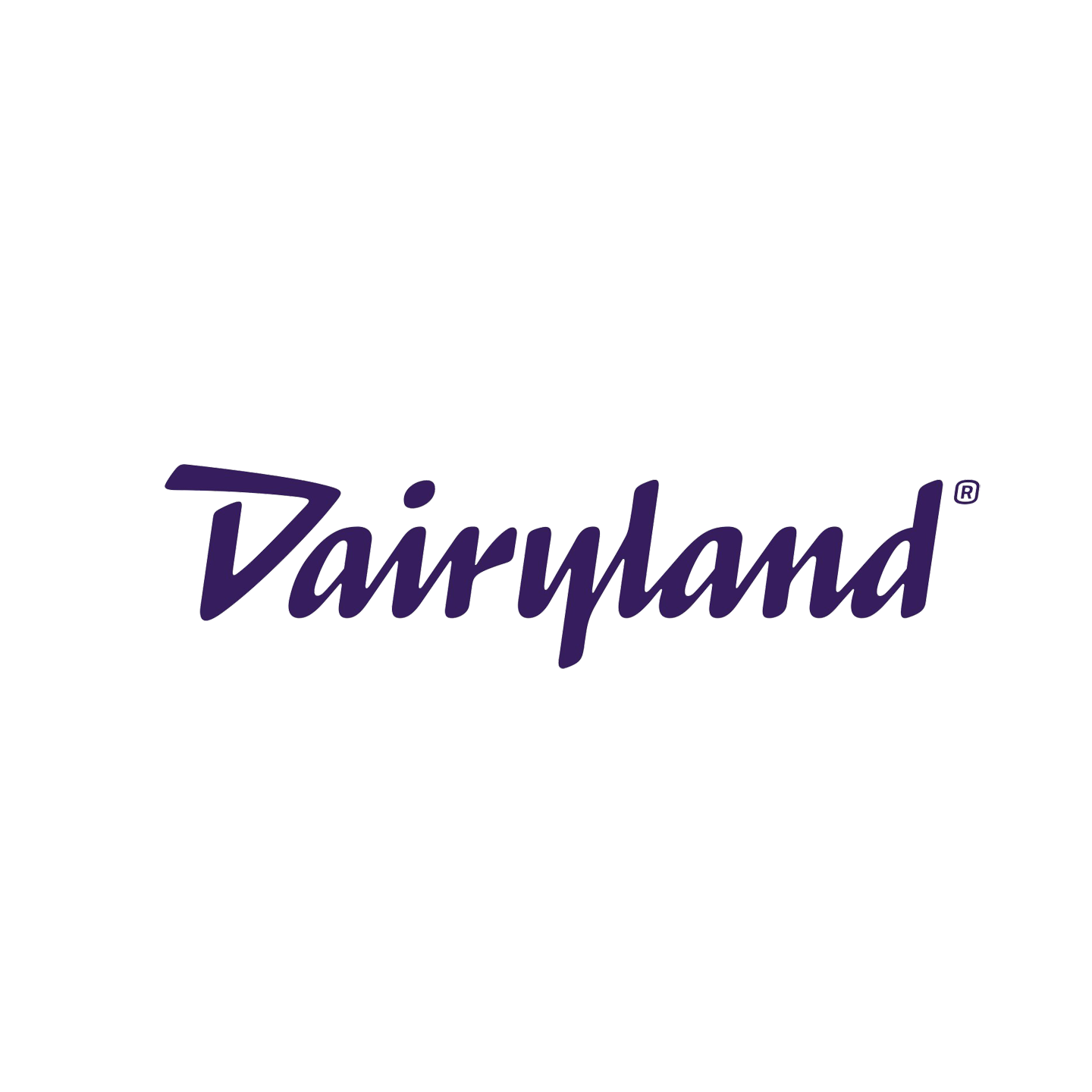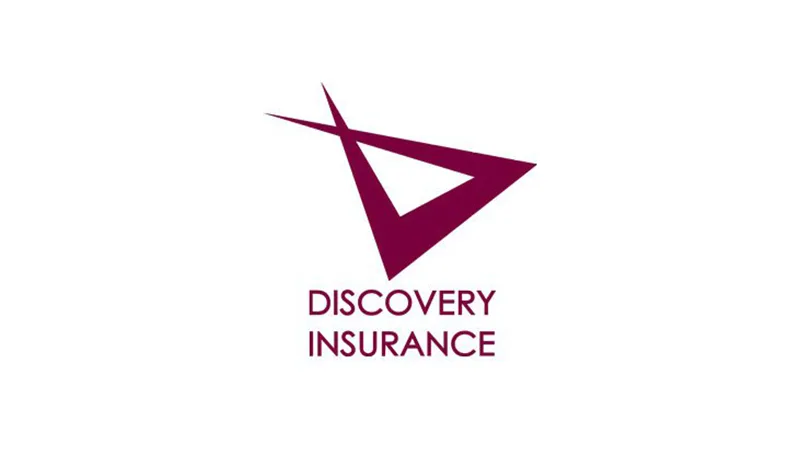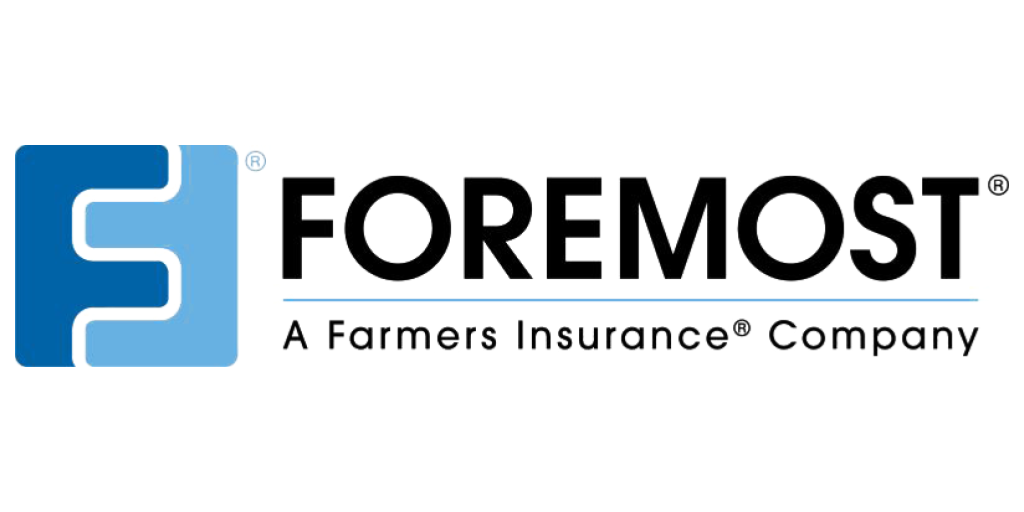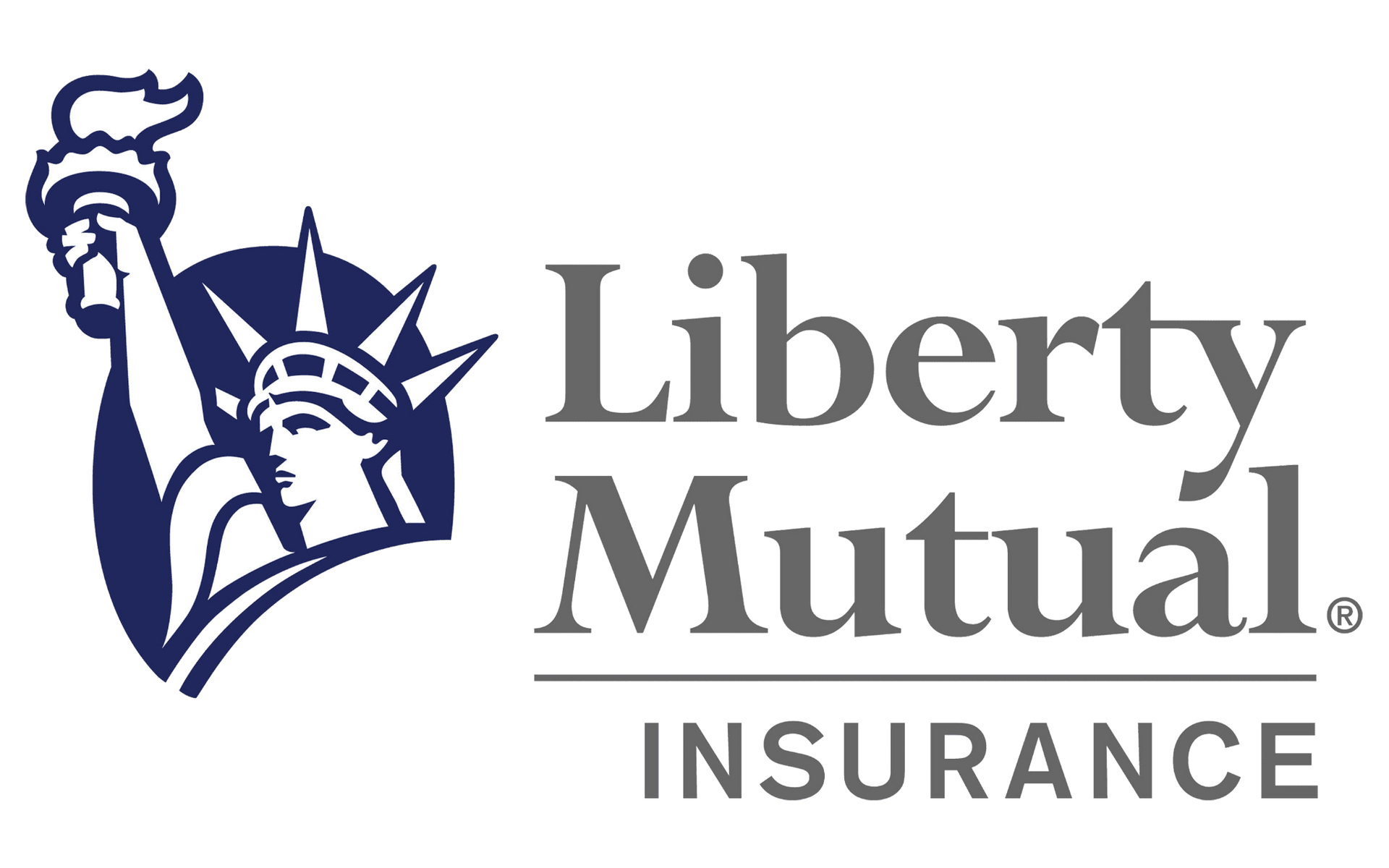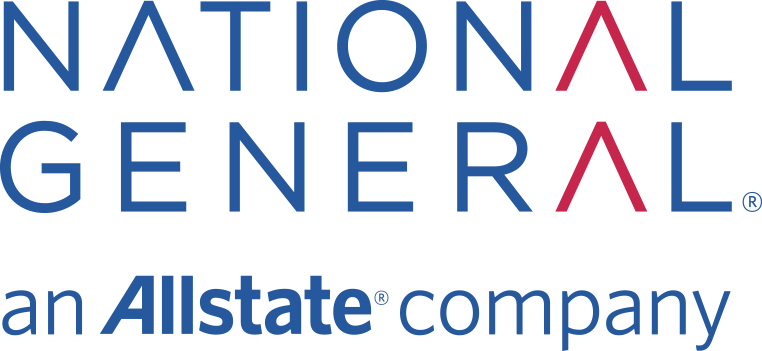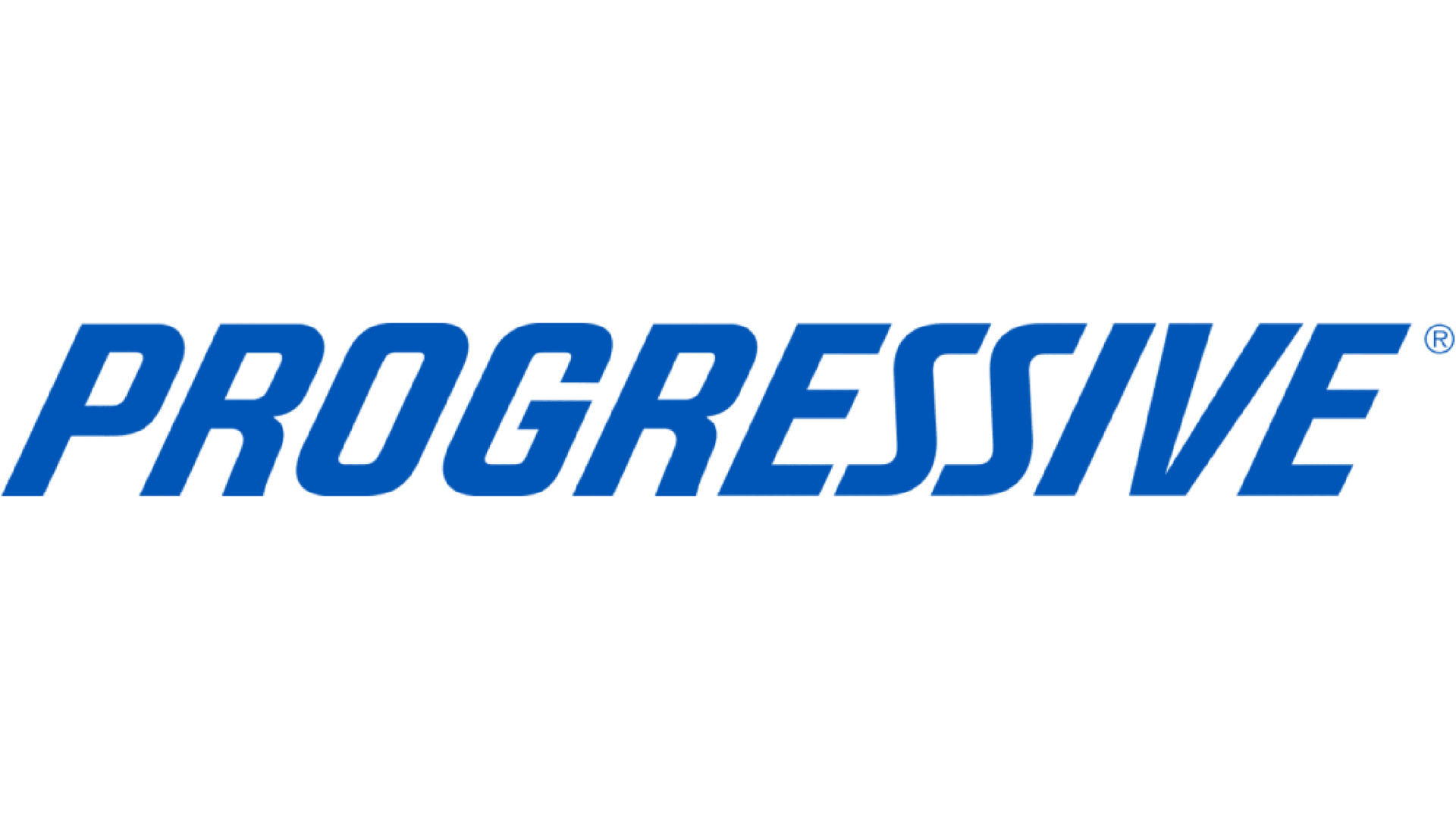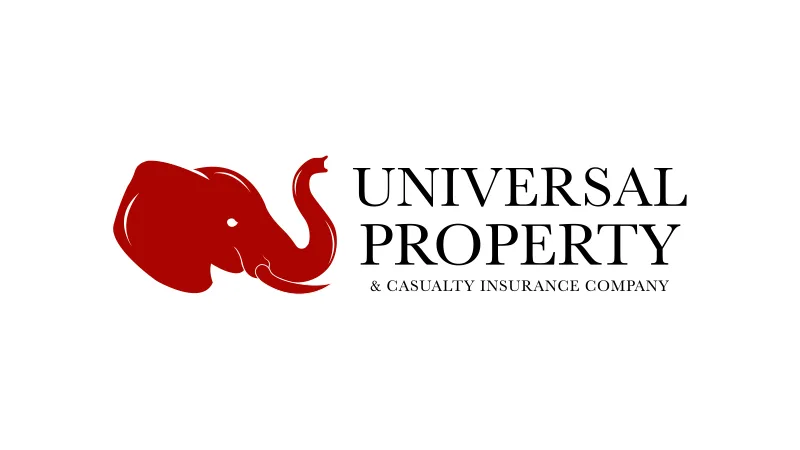Resources
Helpful Resources to
Guide You.
Explore our trusted insurance carriers, FAQs, blog insights, and career opportunities—all in one place.
Our Carriers
We’re proud to partner with leading insurance providers to bring you reliable coverage and peace of mind. Our partners include:
AmTrust Insurance
Learn MoreBerkeley Southeast
Learn MoreBiberk
Learn MoreDairyland
Learn MoreDiscovery Insurance
Learn MoreForemost
Learn MoreFrank Winston Crum
Learn MoreLiberty Mutual
Learn MoreNational General
Learn MoreProgressive
Learn MoreGot questions? We’ve got answers.
Here are some of the most common questions our clients ask:
What factors affect my insurance premium?
Insurance premiums are determined by several factors, depending on the type of coverage you’re purchasing. Some common factors include:
- For auto insurance: Your driving history, vehicle type, age, location, and usage (commuting vs. pleasure).
- For homeowners insurance: The location and age of your home, security features, and coverage limits.
- For commercial insurance: The size and type of your business, industry risks, and the number of employees.
Our team at Allgood Insurance can help you explore ways to lower your premiums while maintaining the coverage you need.
How much insurance coverage do I need?
The amount of insurance you need depends on several factors, such as your personal assets, liabilities, and risk tolerance. Here are a few general guidelines:
- Auto Insurance: Most states, including North Carolina, have minimum liability requirements, but it’s often recommended to carry higher limits to protect yourself from significant financial loss.
- Homeowners Insurance: Your coverage should be enough to rebuild your home at current construction costs and cover personal belongings and liability risks.
- Business Insurance: Coverage should account for property value, liability exposures, employee risks, and industry-specific needs.
Our agents can help assess your situation and recommend the right coverage levels for your peace of mind.
What should I do after an auto accident?
If you’re involved in an accident, follow these steps to ensure your safety and protect your insurance claim:
- Check for injuries and call emergency services if needed.
- Move to a safe location if possible, but avoid leaving the scene.
- Exchange information with the other driver(s), including insurance details, names, and contact information.
- Document the scene by taking photos and noting weather conditions and damage.
- Contact your insurance provider or our team at Allgood Insurance to start the claims process and receive guidance.
What does flood insurance cover that my homeowners policy does not?
Standard homeowners insurance does not cover flood-related damages caused by rising water, hurricanes, or storm surges. Flood insurance, which is typically purchased separately through the National Flood Insurance Program (NFIP) or private insurers, covers:
- Building Coverage: Structural elements like walls, floors, and electrical systems.
- Contents Coverage: Furniture, appliances, and personal belongings inside the home.
Flood insurance is crucial if you live in a flood-prone area, but even low-risk zones can benefit from this protection.
How can I save money on my insurance policies?
here are several ways to lower your insurance costs while maintaining comprehensive coverage, such as:
- Bundling policies: Combine auto, home, or renters insurance with the same provider for discounts.
- Increasing deductibles: Opting for a higher deductible can lower your monthly premiums.
- Improving your credit score: Many insurers use credit history to determine rates.
- Taking advantage of discounts: Safe driver, claims-free, and security system discounts can significantly reduce costs.
Our agents can help identify cost-saving opportunities tailored to your situation.
What’s the difference between replacement cost and actual cash value in homeowners insurance?
These two coverage options determine how your claim is paid in the event of a loss:
Replacement Cost: Covers the full cost to replace or repair items at today’s prices without factoring in depreciation.
Actual Cash Value (ACV): Pays out the depreciated value of your belongings at the time of the loss.
Choosing replacement cost coverage may result in a higher premium, but it offers better financial protection when replacing damaged or stolen items.
Insurance Insights & Blog
Stay informed and make confident decisions with our expert insights, tips, and updates.




